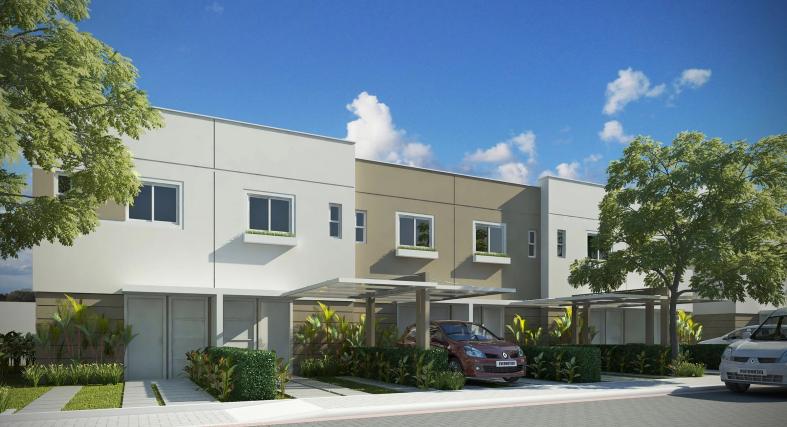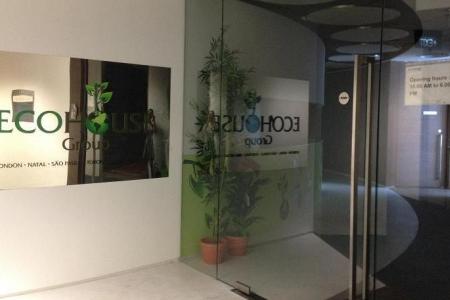Couple who lost $600k in Brazil housing projects win lawsuit against S’pore marketers
A couple who lost close to $600,000 in two social housing projects in Brazil have won their court case against two Singapore marketers to recoup their investments.
The High Court found the marketers – Ms Wendy Kwek and her former husband, Mr Joey Poh – liable for negligent misrepresentation as they had failed to give an accurate and true picture of the due diligence checks that were done while marketing the projects to investors here.
This ultimately led to losses suffered by the plaintiffs, who had relied on the false representations, said Justice Tan Siong Thye.
The plaintiffs, Mr David Haw and Ms Cindy Yee, invested $230,000 in a project known as Casa Nova in September 2012 and another $368,000 in a project known as Bosque in December 2012.
The developer, Ecohouse Brazil, failed to deliver the units and also failed to deliver the promised 20 per cent return of the purchase price after a year.
In a judgment released on June 20, Justice Tan noted that the investments were clearly risky.
“In such a context, it was incumbent upon Wendy and Joey to act with utmost care and caution when marketing the Casa Nova project and the Bosque project to investors,” he said.
The plaintiffs said they had been misled into investing in the projects as a result of false representations Ms Kwek made during a presentation on July 30, 2012, and repeated in e-mails the following month.
These included a claim that she spent a six-figure sum on due diligence checks to ensure that the developments were safe and approved by the Brazilian government, and that she and Mr Poh have been monitoring the Casa Nova project for a year.
The plaintiffs said Mr Poh affirmed Ms Kwek’s claims at the presentation by smiling and nodding his head.
During the trial, Ms Kwek said the six-figure sum referred to the amount of $110,745.00 paid to a Singapore lawyer.
But Justice Tan found that it was “false and a gross exaggeration” to say that a six-figure sum had been invested on due diligence checks.
The judge said the reality was that Mr Poh had engaged the lawyer primarily to help with the structuring of the joint venture company that was set up to market the properties.
He added that when Ms Kwek made the claim about the six-figure sum at the presentation and in an Aug 13, 2012 e-mail, the checks had not been completed.
The judge highlighted that the sum was not even paid by Ms Kwek or Mr Poh; the funds had come from Mr Anthony Armstrong Emery, the British founder of the Ecohouse group responsible for the projects.
“Thus, this was, in reality, a due diligence exercise conducted by the developer to check itself,” said the judge.

Justice Tan also found that the claim that Ms Kwek and Mr Poh had been monitoring the deal for a year was false.
The judge noted that Mr Poh was introduced to Casa Nova only in March 2012. It was simply not possible for him and Ms Kwek to have monitored the project for a year when they introduced it to investors in July and August 2012.
Ms Kwek and Mr Poh contended that they had bought nine units in Casa Nova and also suffered losses.
But the judge noted that no evidence had been presented on the sum they paid for the units.
He added that this purchase did not necessarily mean that Ms Kwek and Mr Poh had performed satisfactory and proper due diligence before making representations to the plaintiffs.
Ecohouse was put on the Monetary Authority of Singapore investor alert list in 2014 after investors here complained that they were not being paid.
Since 2011, between 800 and 1,500 Singapore investors were estimated to have put in more than $65 million into three housing projects in Brazil.
It later emerged that Ecohouse did not own the land which it was purportedly developing and was not working with the Brazilian government.
Get The New Paper on your phone with the free TNP app. Download from the Apple App Store or Google Play Store now


